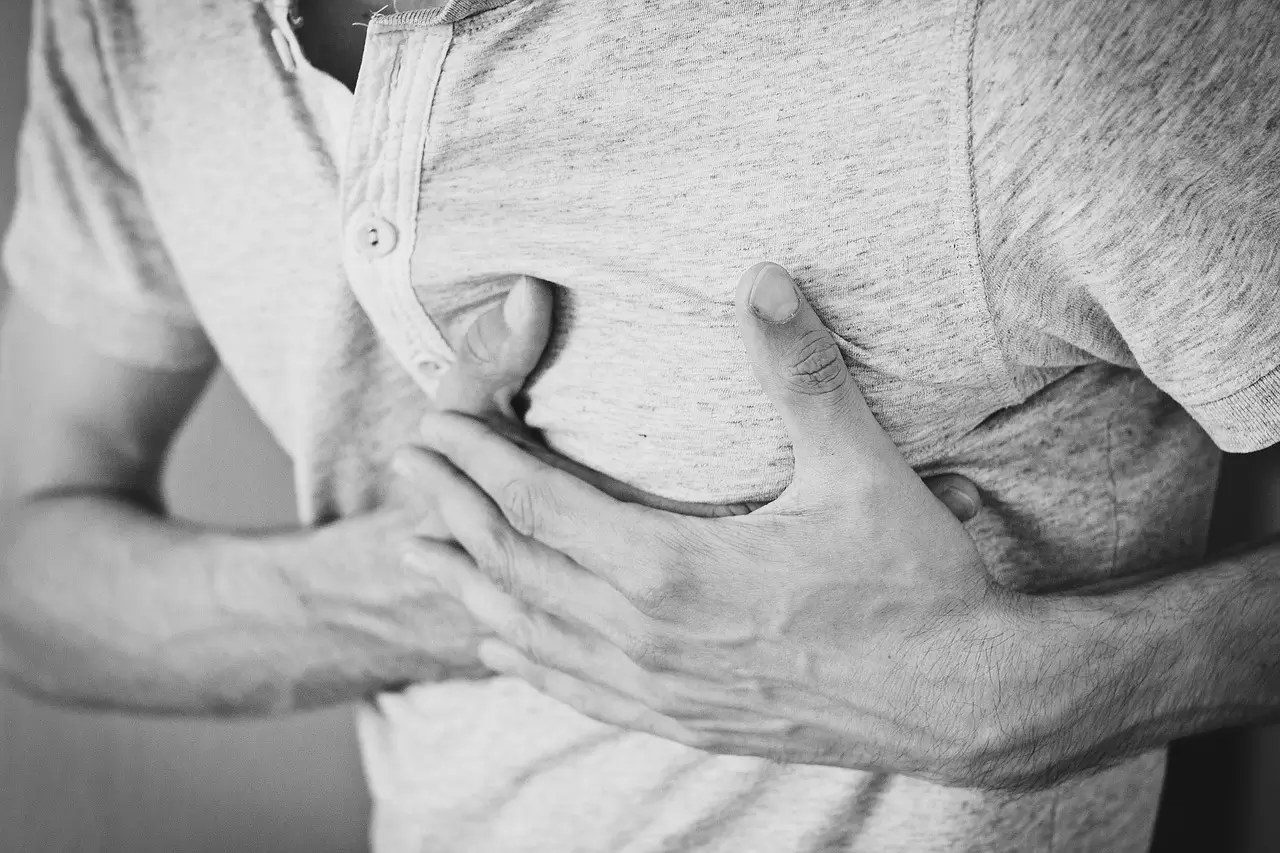Alcohol is one of the most commonly consumed psychoactive substances in the world. Compared to other drugs, alcohol is relatively cheap and accessible. Most countries have lax laws about its consumption. It is therefore not surprising that alcohol addiction ranks up there as one of the most common types of drug addiction globally. This has come with its own fair share of troubles, with alcohol capable of causing several health issues.
The World Health Organisation reports that about 2.6 million deaths are due to alcohol consumption annually. Of this figure, over a million are from cardiovascular issues relating to the heart. Hence, there is no denying that alcohol consumption poses a grave danger to the heart.
How Does Alcohol Affect Your Heart?
In the short term, alcohol consumption can cause increased heart rate and high blood pressure. Too much alcohol stimulates the heart. Your heart begins to beat rapidly for a while. Meanwhile, it has been scientifically proven that a single drinking session can significantly increase blood pressure, even if temporarily.
More importantly, if alcohol consumption continues unabated, these issues can lead to broader health problems in the long run. Increased heartbeat can weaken the muscles of the heart, making it harder for it to pump blood into the different parts of the body efficiently. This condition is known as cardiomyopathy. In the same vein, extensive alcohol drinking over time can cause arrhythmias. Arrhythmias is a condition where the heartbeat has become irregular due to a disruption in the heart’s electrical signals caused by excessive alcohol consumption. Moreover, as a heavy drinker, you can get sustained high blood pressure, which puts you at risk of cardiac arrest or heart failure. Besides these, you are also susceptible to ischemic stroke (stroke caused by blood clots) and hemorrhagic stroke (stroke caused by bleeding).
It is, therefore, instructive to either stay completely away from alcohol or significantly reduce your intake to reduce the risks that alcohol consumption poses drastically.
Does Rehab Help?
Yes, alcohol rehab is exactly what you need if you have already become addicted to alcohol. Alcohol rehab is quite effective and can help break your dependence on alcohol. Here’s how rehabilitation does this;
Counseling and Therapy
Alcohol addiction treatment can help wean an alcoholic off their alcohol addiction through counseling and therapy. Cognitive-behavioral therapy is a commonly used rehabilitation mechanism to help address and strike out the root cause of alcohol use.
Detox and Medical Supervision
Detoxification refers to the set of interventions taken by medical personnel to clear toxins from the body system of an acutely intoxicated person. The aim of detoxification is to eliminate, or reduce to the barest minimum, the harm caused by the abuse of chemical substances. It also includes the management of withdrawal and withdrawal symptoms. Rehabilitation centers, such as Harp cocaine addiction treatment centers, are legally licensed to provide detoxification services and aftercare supervision for patients.
Lifestyle and Nutritional Support
The multiple treatment centers provide nutritional guidance and lifestyle changes that support healthy living and enhance heart health.
Access to Support Groups
Rehabilitation centers also help with access to support groups of people with similar issues. The quality of conversation and continued community support among group members can go a long way in bringing down the chances of a relapse, thereby boosting your heart health.


